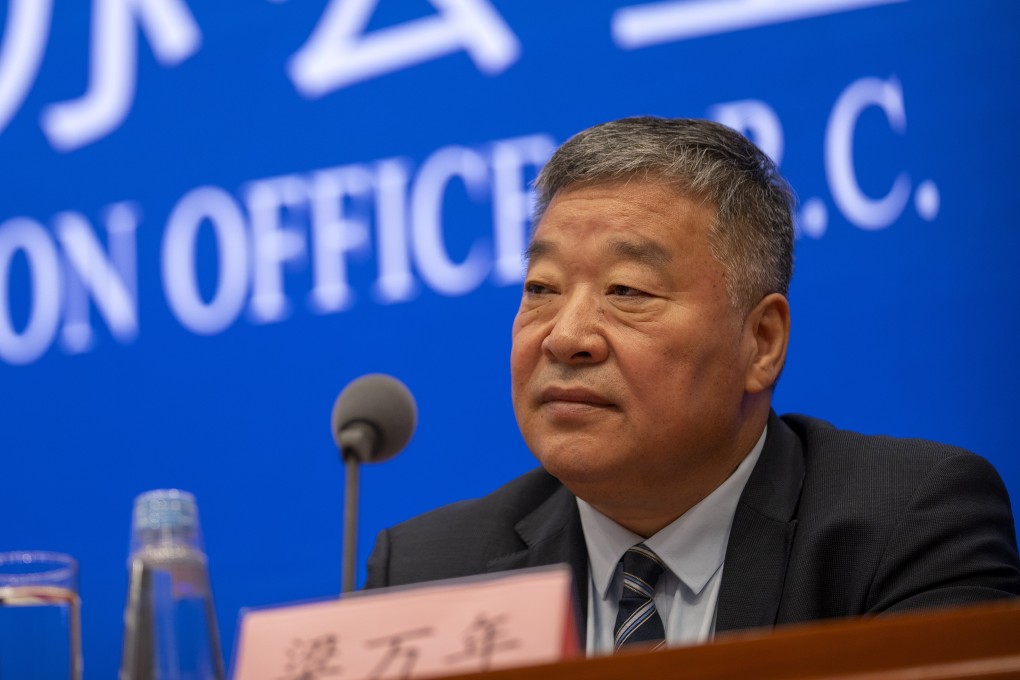Exclusive | Coronavirus origins: virus may have jumped to humans outside China, says expert leading China’s WHO team
- Liang Wannian says during the next stage, inquiry should look to countries with coronavirus-infected animals and also those with cold-chain exports
- He says there must be more study of animals raised for food or fur production, such as ferret-badgers, raccoons, civets and mink

Responding exclusively to the South China Morning Post, Liang Wannian, a professor with the Vanke School of Public Health at Tsinghua University who was China’s key expert leading the joint investigation with the WHO earlier this year, said Wuhan might not be where Sars-CoV-2 – the virus that causes Covid-19 – jumped to humans.
Covid-19 came to the public’s attention in late December 2019, when a cluster outbreak of a mysterious pneumonia of unknown origin was identified by the Wuhan health care system, mostly among workers and customers of the Huanan Seafood Market. How the virus was introduced to the market remains unknown.
“We recommend that WHO conduct a review and analysis of earlier suspected cases, earlier evidence found in animal and environmental studies that were published, to determine the scientific validity and reliability of the available evidence,” Liang said in a written interview.
“The focus of phase 2 should be based on publicly available research evidence. As the pathway of virus transmission from natural hosts via intermediate hosts is the most likely, studies should be conducted in all countries where horseshoe bats and pangolins are distributed, particularly in areas where sampling is under-tested.”